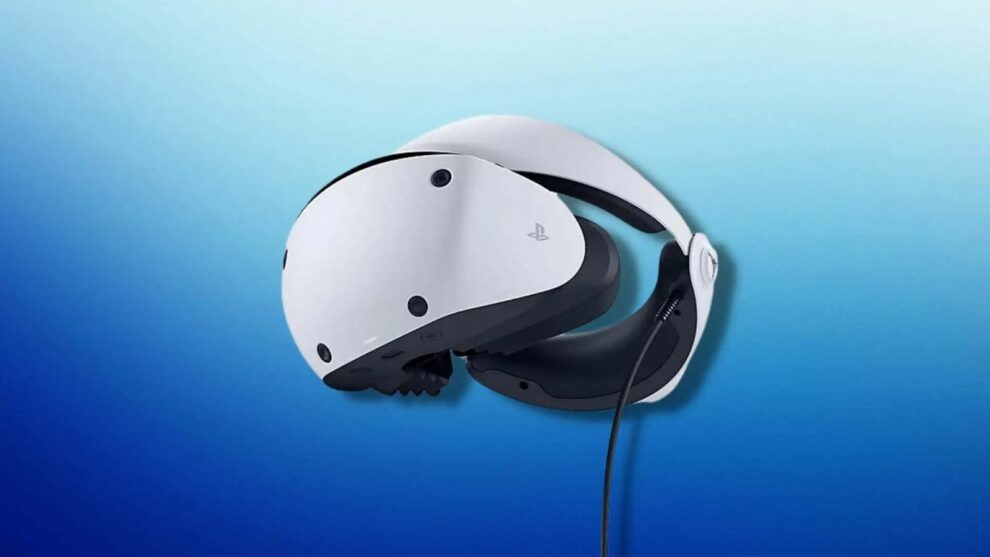Sony Interactive Entertainment is reportedly dialing down its investment in virtual reality (VR) game development, according to recent reports from Android Central and IGN. Sources indicate a significant reduction in funding for VR projects, with only two first-party VR games currently in development for the PlayStation VR2 headset.
Shifting Priorities in the VR Landscape
While Sony has not officially commented on the reports, this move comes amidst a challenging period for the VR market. Despite initial enthusiasm surrounding the PlayStation VR2’s launch, sales have been slower than anticipated. Industry analysts suggest that the high price point of the headset, combined with a relatively limited library of games, may be contributing factors.
Additionally, several prominent VR development studios, including First Contact Entertainment and London Studio, have recently closed their doors. This has further fueled speculation about the future of VR gaming and Sony’s role within it.
Impact on PlayStation VR2’s Future
The decision to scale back VR investment raises questions about Sony’s long-term commitment to the technology. However, it’s important to note that the company has not abandoned VR entirely. The two remaining first-party VR games in development are likely to be high-profile titles, potentially showcasing the PlayStation VR2’s capabilities and attracting a wider audience.
Sony may also be focusing on fostering partnerships with third-party developers to bolster the PlayStation VR2’s game library. This could provide a more sustainable approach to VR development, allowing Sony to leverage external expertise and resources.
Challenges and Opportunities in the VR Market
The VR market is still in its early stages, with significant potential for growth. However, it faces several challenges, including high hardware costs, a fragmented ecosystem, and a lack of compelling content. Sony’s decision to scale back investment reflects these challenges and highlights the need for a more focused approach to VR development.
Despite the current setbacks, VR technology continues to advance rapidly. Improved hardware, more accessible price points, and a growing library of immersive experiences could eventually drive mainstream adoption. Sony, with its established brand and technological expertise, is well-positioned to capitalize on these opportunities as the VR market matures.
What’s Next for Sony and VR?
The future of Sony’s VR endeavors remains uncertain. While the company may be scaling back its internal development efforts, it’s likely to continue exploring the potential of VR technology. This could involve collaborations with third-party developers, investments in new VR hardware, or the development of innovative VR experiences that push the boundaries of immersive entertainment.
As the VR landscape evolves, Sony’s strategic decisions will play a crucial role in shaping the future of this emerging technology. Whether the company doubles down on VR or pivots towards other avenues, the coming years will be pivotal for Sony and the broader VR industry.








